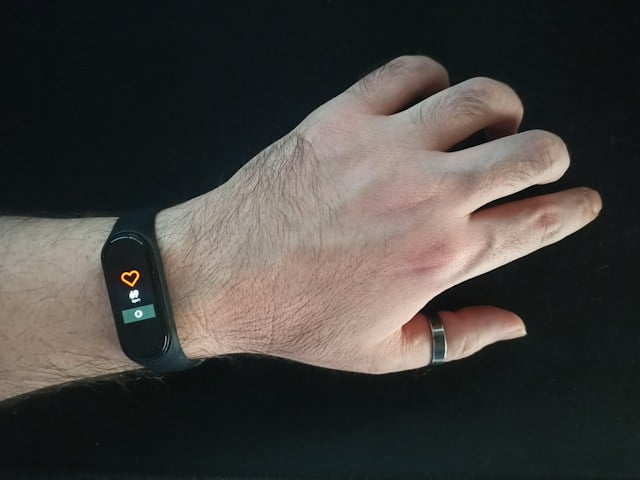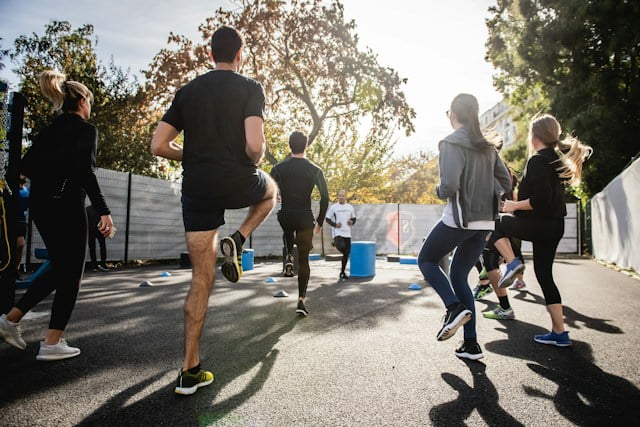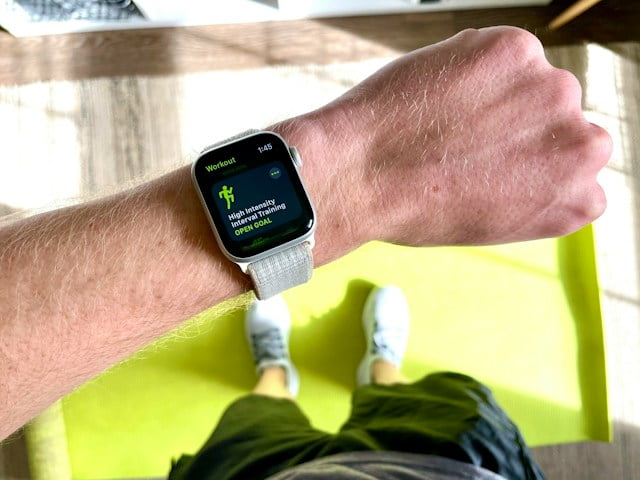It might be difficult to find time for exercise in the fast-paced world of today. The good news is that you may strengthen your heart health without committing to long, taxing workouts. When done regularly and efficiently, short workouts can make a big difference in your cardiovascular health. This post explores the research behind brief exercise sessions for heart health, discusses their advantages, and offers helpful tips for fitting them into your daily schedule. After reading this, you’ll know why it’s worthwhile to make these minor changes in your heart health.
Recognising Heart Health
To understand the role that brief exercise plays in improving heart health, it is necessary to understand the principles of cardiovascular health. The amazing organ that circulates oxygen-rich blood throughout the body is the heart. Because cardiovascular disorders, including heart disease and stroke, are among the top causes of mortality globally, maintaining a healthy heart is essential for general well-being.
Heart health is influenced by several variables, such as lifestyle choices, food, and heredity. Engaging in regular exercise can significantly lower the risk of heart disease and increase cardiovascular fitness. Long, hard workouts have always been valued, but new studies show that shorter, more frequent workouts are as beneficial.
The Science of Brief Exercises
A. Training with High-Intensity Intervals (HIIT)
High-Intensity Interval Training is one of the best quick workouts for heart health (HIIT). Short bursts of intensive exercise are interspersed with rest or lower-intensity activity during high-intensity interval training (HIIT). It has been demonstrated that using this technique would lower blood pressure, enhance oxygen absorption, and enhance cardiovascular fitness.
As HIIT workouts may last as little as 15 to 30 minutes, they are perfect for people with hectic schedules. They cause the heart and circulatory system to undergo advantageous adaptations that promote heart health. Examples of these adaptations include enhanced heart rate variability and increased stroke volume.
B. Cardiovascular Work
For quick workouts, aerobic activities like cycling, running, and brisk walking are great options. Every day of the week, just 20 to 30 minutes of moderate-intensity aerobic exercise can dramatically lower the risk of heart disease. Exercises that are aerobic in nature strengthen the heart muscle, increase the heart’s effectiveness in pumping blood, and assist in controlling blood pressure.

Short Exercises’ Advantages for Heart Health
A. Efficiency of Time
The time efficiency of brief exercises is one of their main benefits. Many people find it difficult to find the time to do the lengthy, conventional workouts. Even the busiest schedules may accommodate brief workouts, which makes them a sensible option for enhancing heart health.
B. Uniformity
Exercise and heart health both require consistency. You can fit shorter workouts into your daily schedule more easily, and the cardiovascular advantages of consistency can linger for a long time. A 20-minute workout is simpler to stick to than a 2-hour workout once a week.
C. Elevated Blood Pressure and Heart Rate
Frequent brief exercise sessions lower blood pressure and heart rate. As a result of increased cardiac pumping efficiency, the resting heart rate may drop and the heart may experience less strain. Quick exercises also assist in lowering blood pressure, which lowers the risk of hypertension and the problems that come with it.

Useful Advice for Including Quick Workouts
A. Make sensible goals
Start with attainable objectives. If you’ve never worked out before, start with 10 to 15 minutes of moderate activity and work your way up to longer and more intense sessions.
B. Contrast It
Exercise must be varied to avoid becoming monotonous and maintain its effectiveness. To address several facets of heart health, mix high-intensity interval training (HIIT) with aerobic and strength training sessions.

C. Make Use of Technology
Numerous fitness monitors and apps are available to help you plan and stay motivated throughout your quick exercises. With these tools, you can monitor your development and maintain accountability.

D. Find a Training Partner
Along with increasing accountability, quick exercises may be more fun when done with a friend or family member.
Brief exercise may indeed make a big difference in heart health. The idea that you may increase your cardiovascular fitness without spending hours in the gym is supported by science. Cardiovascular and high-intensity interval training (HIIT) are brief, efficient workouts that provide several heart health advantages, consistency, and time savings.
You may significantly improve the health of your heart by committing to frequent, brief exercises and making tiny, doable adjustments to your daily schedule. Keep in mind that the most important things about exercise are its quality and regularity, not its length.
You may also like:
Mediterranean Diet: Everything You Need To Know
Conquer Chronic Back Pain: Expert Tips for a Healthier Spine
